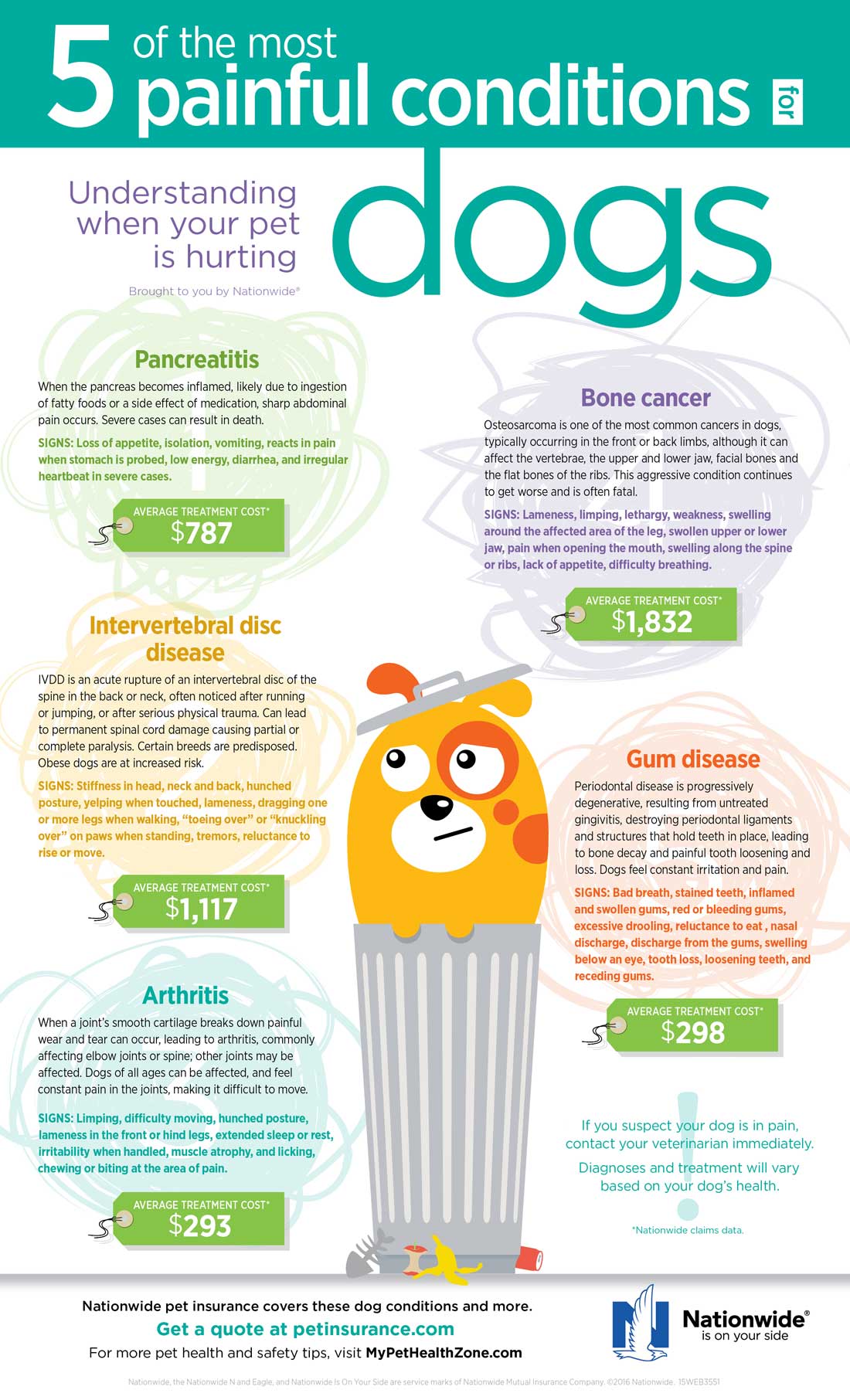Dog Daycare Enrichment Examples
Dog Daycare Enrichment Examples
Blog Article
Can Canine Day Care Cause Illness?
Dogs in childcare obtain lots of exercise, socializing with various other canines and unique experiences. This can be specifically practical for young puppies and dogs with behavior problems.
There are several legal considerations you need to think about when starting a doggy daycare service. These consist of the framework of your service and conformity with federal government guidelines.
1. Dog Distemper
Canine distemper is spread out via straight contact with the physical liquids and waste of a contaminated pet, yet it can additionally be sent using common water and food bowls or via air-borne beads. This very transmittable health problem is most hazardous for young puppies, however it can affect canines of any type of age and is fatal for many if left neglected.
Initial symptoms of canine distemper typically imitate a cold, including drippy eyes and nose with watery or pus-like discharge. As the disease proceeds, a dog will certainly create high temperature, coughing, reduced appetite, vomiting and looseness of the bowels. The infection can additionally strike the nerves, causing seizures, shivering and partial or full paralysis.
Trustworthy childcares lower direct exposure to infection by calling for inoculations, regular health examinations and comply with stringent hygiene procedures. If your puppy seems overly tired or limping, a day off might aid him recuperate, however you must prevent taking him back to day care until these symptoms clear up.
2. Kennel Cough
Kennel coughing, additionally referred to as contagious canine tracheobronchitis or Bordetella, is an extremely infectious viral or bacterial disease that influences the respiratory system system. It's frequently transferred through the exchange of saliva or air droplets that an unwell pet breathes out. Social pet dogs are at higher threat for infection because of their frequent interaction with each other, such as when they play, share food or water, smell one another or merely satisfy in a congested environment like a dog park or childcare.
The most common sign of kennel coughing is a consistent and forceful cough that seems like something embeded the throat or retching. Typically, canines will divulge foamy white phlegm. If left neglected, a dog can create pneumonia and go to major risk permanently.
A trustworthy day care facility should have rigorous cleansing and sanitation protocols, disinfect all toys, food and water bowls routinely, and be open about their inoculation policies. Keeping your pet as much as date on their inoculations, specifically for bordetella and canine flu, will considerably decrease their opportunities of acquiring the illness.
3. Parvovirus
Canine parvovirus, or parvo, is a very infectious viral illness that can be harmful for young puppies and young adult pets with bad body immune systems. It's most frequently spread by straight contact with polluted pet feces-- which can occur when dogs smell, lick, or taste contaminated feces-- and indirectly from contaminated individuals, items, or settings (like kennels, grooming areas and yards). Pups and canines without complete inoculation histories are particularly susceptible to parvo.
The infection is extremely resistant, surviving in the setting for up to 9 years, and can easily be transferred in between canines by call with feces or on footwear, clothes, and bed linens polluted with parvovirus. Otherwise treated quickly with IV fluids, electrolyte equilibrium, vomiting control drugs and prescription antibiotics to stop additional microbial infections, a canine will swiftly dehydrate and create severe looseness of the bowels, which leads to shock and blood poisoning. Parvo is difficult to treat as soon as a canine has actually become ill, yet with suitable vet care, lots of puppies do endure this illness.
4. Dog Influenza
Dog flu virus is very infectious and spreads via direct call, sharing food and water bowls, licking or nuzzling other pet dogs, through air-borne droplets, and with infected surfaces. Inoculation is effective in reducing the danger of infection and outbreaks.
A lot of affected pet dogs develop a light respiratory infection with a coughing that lasts 1-3 weeks. They may additionally have nasal and ocular discharge, sneezing, and sleepiness. Some of one of the most serious instances result in pneumonia and a high fever.
If your pet dog exhibits any one of these symptoms, do not bring them back to day care until they are healthy and balanced. If your dog is showing indications of severe fatigue or hopping, speak with your veterinarian right away and make certain they are on health supplements to help develop their resistance. A veterinarian will review your dog for signs of the influenza by taking a sample from the nose or throat, and blood examinations can be done to dog boarding kennel near me validate.